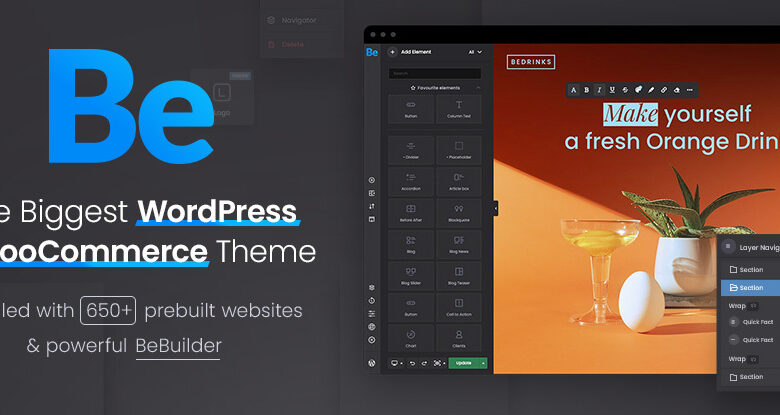Let me preface by saying, yes – most of the time I think so. Minimalism is a style or technique in design that is characterized by extreme spareness and simplicity. I believe it’s more effective in Web Design – especially in a designer’s portfolio. When content is king – clean, spacious and concise gets my attention.
Here are some great examples to get your minimalist side inspired.
Astheria

Vitor Lourenco

Alltop

Behance.com

Designate Online

Frank Chimero

Huge Inc

Jan Reichle

Panoptes

TypeSites

Emersian

Do you think it’s more effective in Web Design?
Want to find more minimal inspiration? I recommend these resources:
The ‘Less is More’ or Minimalistic Approach to Web Design





Pingback: Showcase Of Clean And Minimalist Designs | Design Showcase | Smashing Magazine